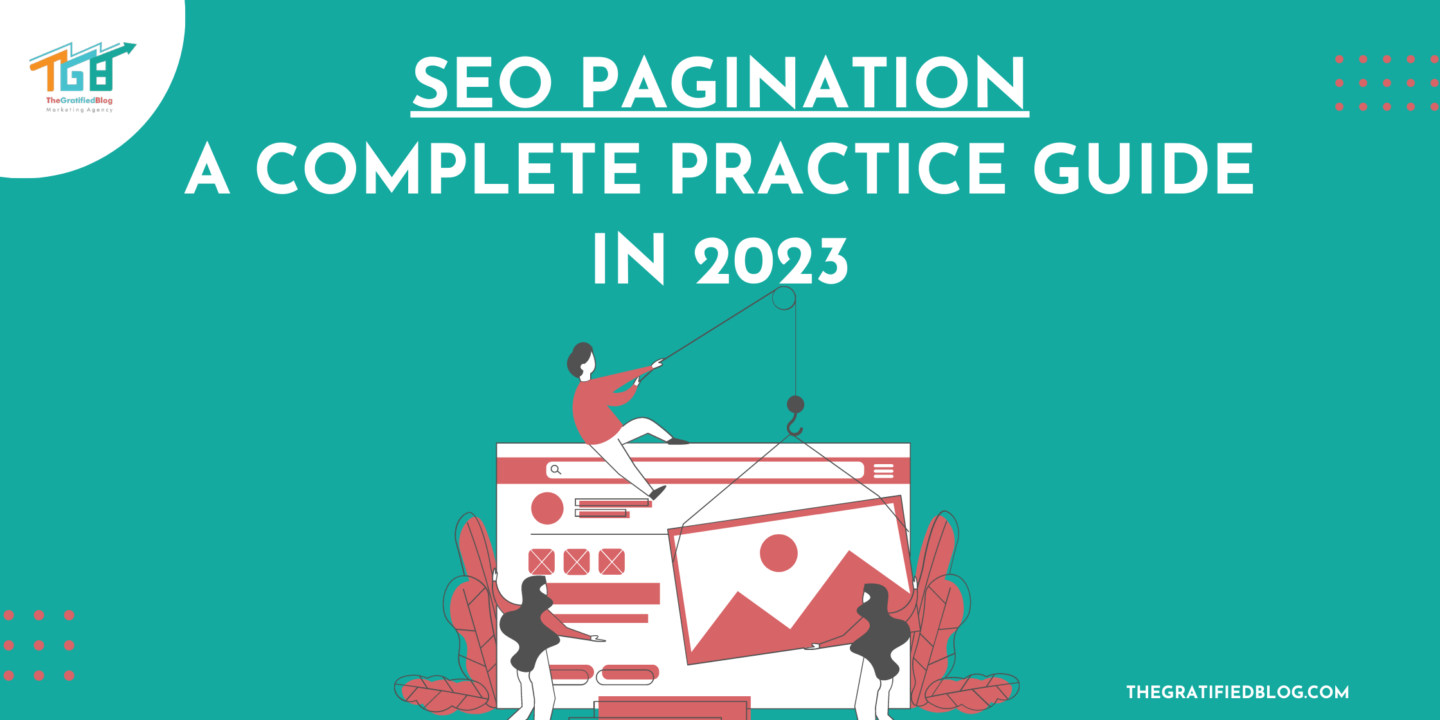
Every detail matters in the world of search engine optimization (From the content on your website to its structure, in terms of SEO, everything matters. Every element can impact your search engine rankings. Among all these aspects, there’s one aspect of website design that is often overlooked but can have a significant impact on SEO, and that’s Pagination.
Yes, you heard it right: Pagination.
So, in this article, we will discuss pagination in SEO and its importance in optimizing a website for search engines—some common pagination issues and how to fix them. At the end, we will discuss a few frequently asked questions.
So, let’s get started.
What Is Pagination In SEO?
In simple terms, Pagination in SEO refers to breaking up large sets of content or data into smaller, more manageable pages linked together. Pagination is used to make content more accessible and easier to navigate for users.
For example, let’s say you have an online store that sells clothes and a category for “dresses.”
You have 50 dresses to display, but showing all 50 dresses on one page would make the page load slowly and make it easier for users to navigate.
Therefore, you break up the 50 dresses into ten pages, with five dresses on each page.
Importance Of Pagination In SEO
Here are a few things that explain the importance of pagination in SEO:
- It helps Search Engines Understand Your Content Structure.
It’s a way to divide content into multiple Pages that aid search engines in comprehending the structure of your content.
Using pagination, you can create a logical hierarchy of content, which can help search engines crawl and index your pages more effectively.
- Increases Crawlability And Indexability
Pagination in SEO can increase the crawlability and indexability of your content. Search engines can crawl and index your pages more efficiently by breaking your content into smaller, more manageable chunks.
This can also reduce the load on your server, which can improve your website’s performance.
- Enhances User Experience
It can enhance the user experience by facilitating more straightforward navigation of your content for users. Navigating the preferred page is more accessible than scrolling through a long content page.
They are resulting in increased engagement and reduced bounce rates, both positive signals for SEO.
- Helps Avoid Duplicate Content
It can avoid duplicate content issues By offering a distinct signal to search engines regarding the relationship between pages.
By using rel=”next” and rel=”prev” Through the use of tags, you can signal to search engines that your content is paginated rather than duplicated.
- Facilitates Internal Linking
It can facilitate internal linking, which is an essential aspect of SEO. Enabling links to other pages within your site allows you to help distribute link equity and improve your site’s overall authority.
However, It can also help you create a logical hierarchy of internal links, guiding search engines through your site.
Which One’s Better? : Pagination Vs. Load More Vs. Infinite Scroll

Load More, Pagination, and Infinite Scroll are all methods for displaying content on a website, and each has its own positive and negative side.
Let’s understand each one of them in detail:
- Pagination
This method breaks the content into multiple pages, each displaying a specific number of items. Users can navigate through the pages using links or buttons.
Pagination is suitable for organizing large amounts of content and allows users to find specific information quickly. However, it can be frustrating to navigate through many pages, and it can negatively impact user experience if not implemented well.
- Load More
This method allows users to load more content without leaving the page. A button or link is provided, and more content is loaded when the user clicks it.
Load More reduces the clicks required to view content and provides a good user experience. However, it can negatively impact page load time, especially if a lot of content needs to be loaded.
- Infinite Scroll
This method continuously loads content as the user scrolls down the page. The user doesn’t need to click any buttons or links; content is dynamically loaded as they scroll.
Infinite Scroll is suitable for providing a seamless user experience and reducing the need for clicks. However, if not implemented well, It can challenge users to locate particular information and negatively impact page load time.
Common Pagination Issues And How To Solve It
Here are seven common pagination issues and a solution for solving them:
Duplicate Content
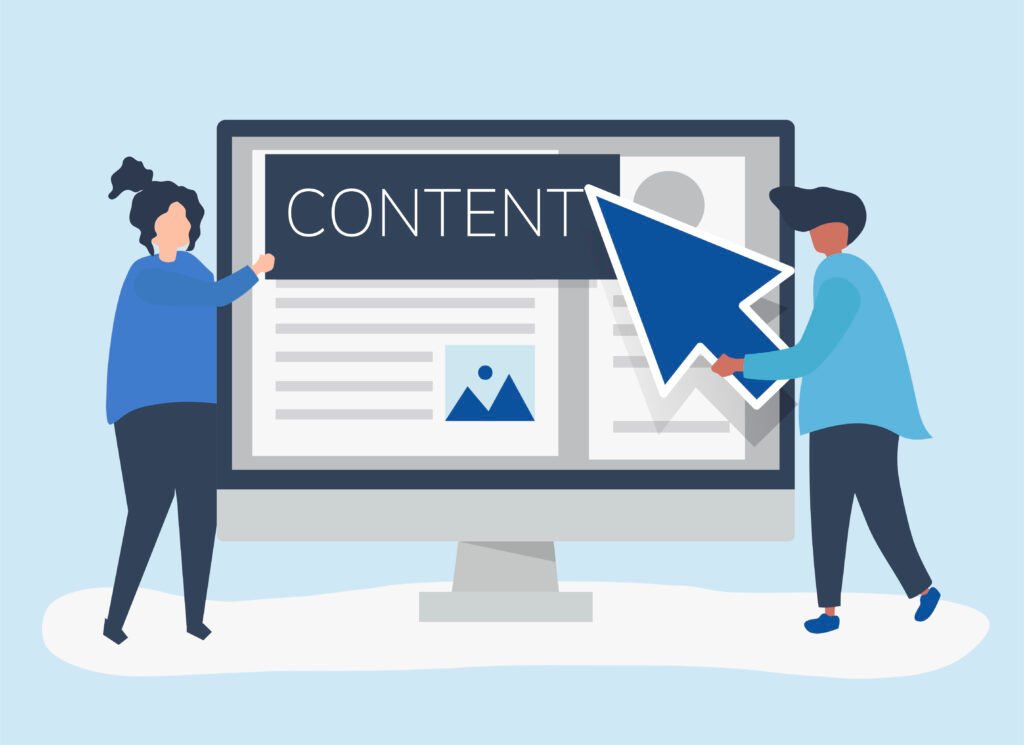
Problem:
When you have paginated content, there is a risk of creating duplicate content issues. This happens when search engines index multiple versions of the same content, which can result in lower rankings for your site.
Solution:
To avoid duplicate content issues, use rel=”next” and rel=”prev” tags to signify the connection between pages. You should also use canonical tags to indicate the preferred version of your content. It informs search engines about the specific page to index and avoids duplicate content issues.
Crawl Budget Depletion

Problem:
If you have many paginated pages, search engines may spend too much time crawling them, which can lead to crawl budget depletion. That means that search engines may need more resources to crawl other vital pages on your site.
Solution:
You are using the robots.txt file to block search engines from crawling unnecessary paginated pages to avoid crawl budget depletion. The rel=”nofollow” attribute can also be employed on pagination links to prevent search engines from following them.
Poor User Experience

Problem:
If your pagination is challenging or confusing, it can result in a poor This can result in elevated bounce rates and a decrease in user satisfaction engagement, negatively impacting your SEO.
Solution:
To improve the user experience, ensure your pagination is intuitive and easy to use. Use clear labels and provide navigation options to help users move through your content. You can also use infinite scrolling or load more buttons to create a seamless browsing experience.
Slow Page Load Times
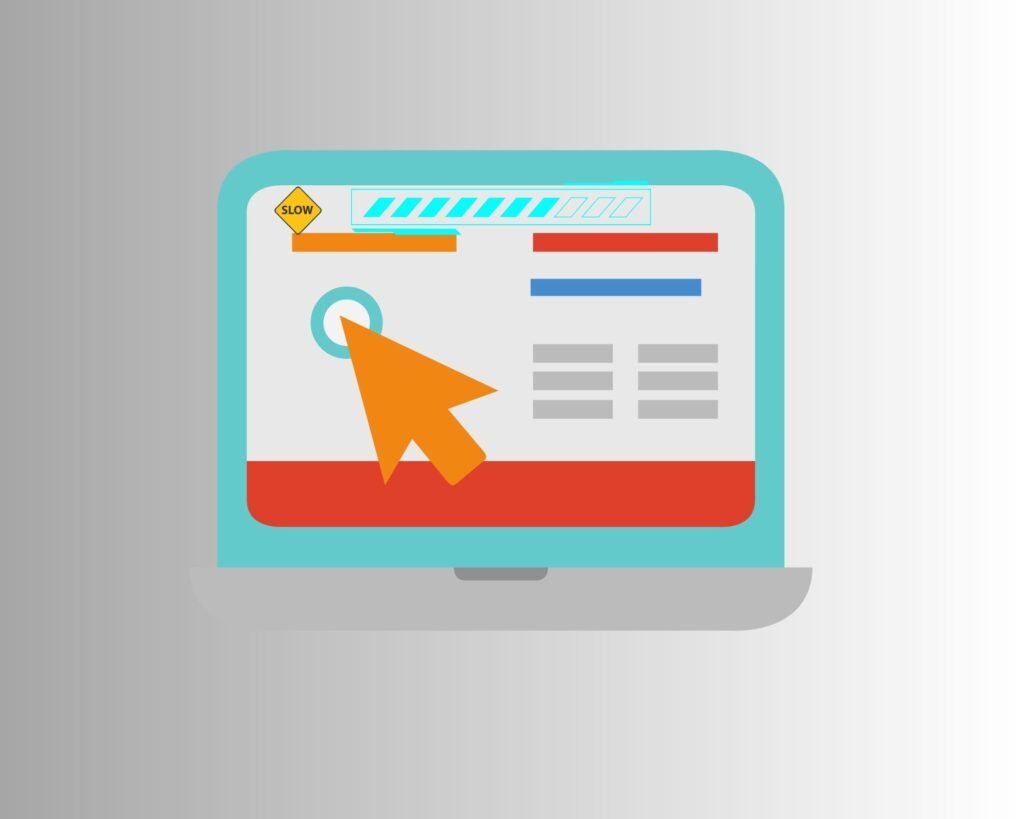
Problem:
It can increase the number of HTTP requests and page load times, negatively impacting your SEO. Pages with slow loading times can increase bounce rates and diminish user engagement.
Solution:
To improve page load times, optimize your images and other media files. Lazy loading can be employed to postpone the loading of images until needed. Leverage a content delivery network (CDN) for faster delivery to users.
Indexing Issues

Problem:
Sometimes, search engines may only index some of your paginated pages, resulting in incomplete or inaccurate search results.
Solution:
Use a sitemap that includes all your pages to ensure that your paginated pages are indexed. Utilize the Fetch as Google tool within the Google Search Console to check for indexing issues.
Incorrect pagination URLs
Problem:
If your pagination URLs need to be corrected or consistent, It can create confusion for search engines, making it challenging for them to crawl and index your pages.
Solution:
Use a standard URL structure that includes the page number or other relevant information to ensure your pagination URLs are correct and consistent. Use rel=”canonical” tags to indicate the preferred. Create a unique version of your content to prevent issues related to duplicate content.
Lack Of Structured Data
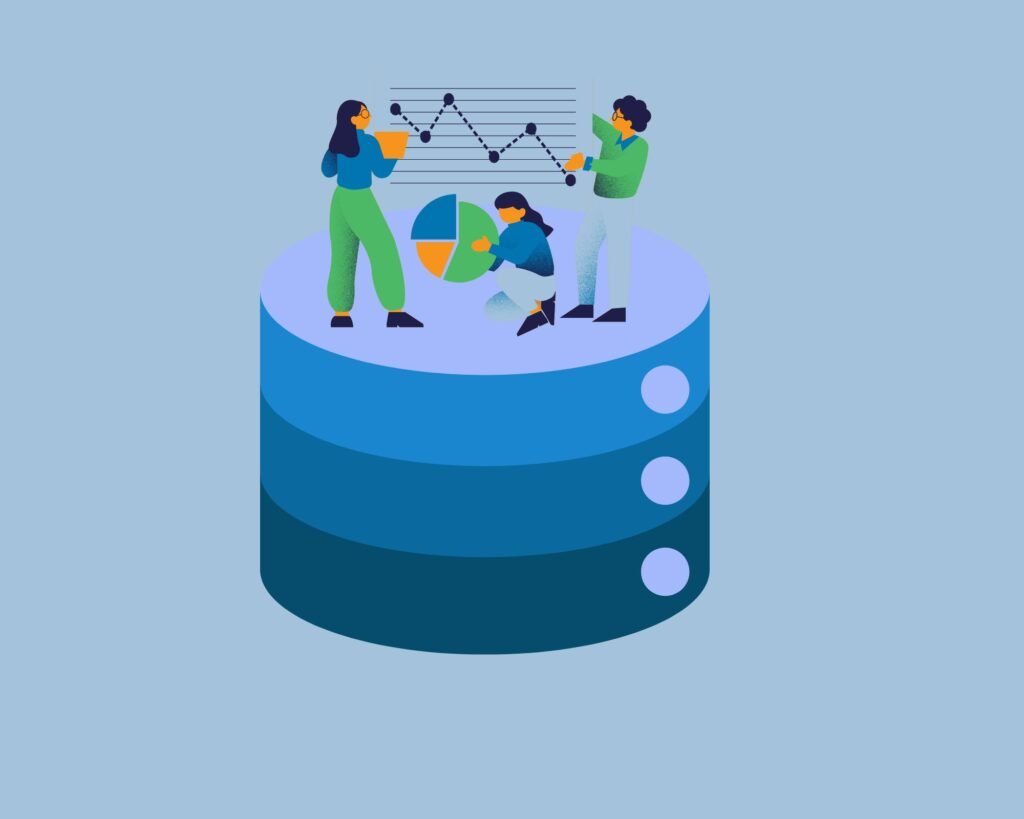
Problem:
With structured data, search engines may understand the relationship between your paginated pages, which can lead to indexing and ranking issues.
Solution:
To help search engines understand the relationship between your paginated pages, use structured data such as Schema.org markup. This can help search engines identify the relationship between pages and improve the accuracy of search results.
More Reads- 10 SEO Audit Tools To Help You Optimize Your Website In 2023
FAQs
Q1. How Do I Know If My Pagination Is Causing SEO Problems?
Utilize tools such as Google Search Console to examine for crawl errors and duplicate content issues on your paginated pages. If you notice any issues, you may need to adjust your pagination strategy to avoid these problems.
Q2. Can I Use JavaScript For Pagination?
While it’s possible to use JavaScript for pagination, it’s generally not recommended. Crawling and indexing by search engines might not be feasible for JavaScript-based pagination, which could lead to SEO issues.
It’s generally better to use server-side pagination techniques that are more easily crawled and indexed by search engines.
Final Thoughts
By incorporating these recommended techniques, you can guarantee your pagination in SEO is optimized for users and search engines. With a well-designed pagination system, you can improve your website’s overall usability and SEO, making it more attractive to users and search engines.
Still, if you face any difficulties, please leave your questions in the comment section. We will be happy to answer you.
Thanks for reading 🙂
Also, Read – What Are SEO Breadcrumbs, And Why Should You Use Them?
– 12 Myths About SEO That You Should Never Fall Far–
Squarespace SEO: How To Do It Right Way?







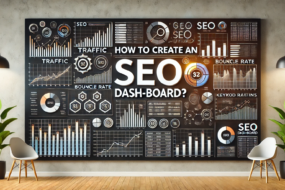
No Comments